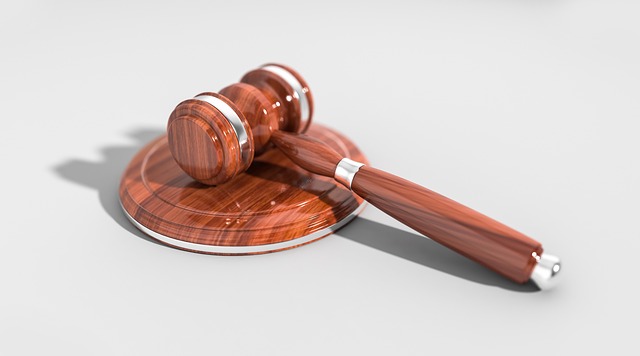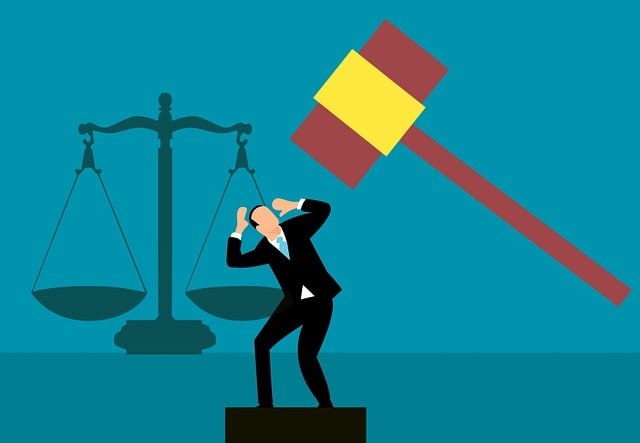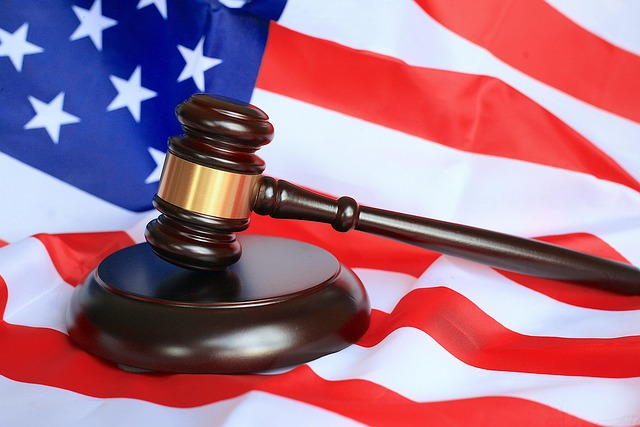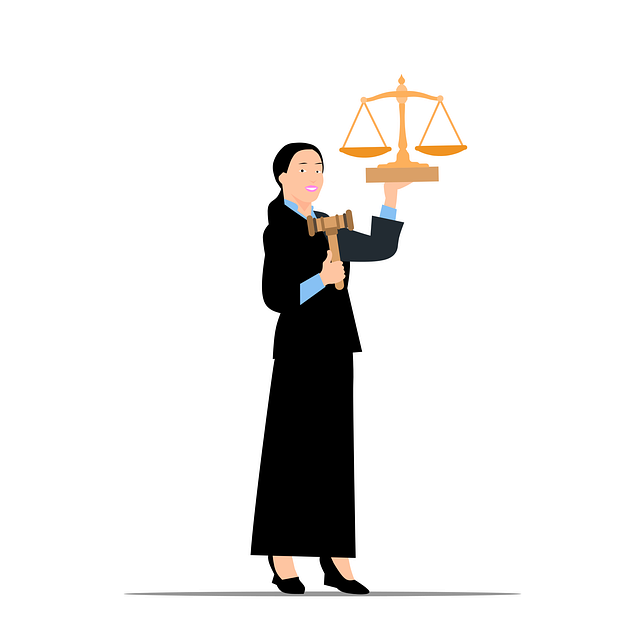Dispute resolution lawyers are vital for managing complex legal matters, offering strategic guidance through ADR (mediation, arbitration) or litigation. They identify and mitigate risks by analyzing laws, contracts, and case histories, then devise plans to protect clients' interests. During disputes, these attorneys provide expert strategies, combining legal knowledge with negotiation skills to achieve favorable outcomes via ADR, minimizing costs and risks of lengthy court battles. Choosing the right dispute resolution lawyer involves selecting specialists with a successful track record in similar cases, ethical conduct, client satisfaction, and open communication.
Minimizing risk through expert dispute resolution is paramount for any individual or organization facing legal challenges. This comprehensive guide navigates the intricacies of dispute settlement, empowering you to make informed decisions. We explore key strategies, starting with understanding the role of a dispute resolution lawyer and identifying potential risks. Learn how experts mitigate these risks, ensuring favorable outcomes. Discover tips for selecting the right legal professional to minimize your exposure, fostering a smoother, more successful resolution process.
- Understanding Dispute Resolution: The Role of a Lawyer
- Identifying and Mitigating Risks in Legal Disputes
- Expert Strategies for Effective Dispute Settlement
- Choosing the Right Legal Professional for Risk Minimization
Understanding Dispute Resolution: The Role of a Lawyer

Dispute resolution is a critical process that helps to navigate complex legal issues, ensuring fairness and minimizing potential risks for all parties involved. When faced with a dispute, involving a business transaction, contract negotiation, or any legal matter, enlisting the help of an expert dispute resolution lawyer is a strategic move. These professionals are adept at guiding clients through various strategies, from mediation and arbitration to litigation, each tailored to the unique circumstances of the case.
A dispute resolution lawyer plays a pivotal role in representing and advising clients, offering valuable insights into potential outcomes and the best course of action. They possess a deep understanding of legal frameworks and alternative dispute resolution (ADR) methods. By employing negotiation skills and strategic thinking, these lawyers can help parties reach mutually agreeable solutions, often avoiding lengthy and costly court battles. This not only minimizes financial risks but also preserves relationships, which is particularly important in business disputes.
Identifying and Mitigating Risks in Legal Disputes

Identifying and mitigating risks is a critical step in any legal dispute, and expert dispute resolution lawyers play a pivotal role here. The first step for these professionals is to thoroughly assess all potential risks associated with the case. This involves a comprehensive review of relevant laws, contracts, and prior case histories to predict possible outcomes and identify areas where risks could arise. By understanding these risks, lawyers can develop strategic plans to mitigate them, ensuring their clients’ interests are protected.
Effective risk mitigation strategies might include negotiating settlement agreements, utilizing alternative dispute resolution methods like mediation or arbitration, or developing robust legal arguments based on a deep understanding of the law. These proactive measures not only reduce the chances of adverse outcomes but also promote a more efficient and cost-effective resolution process for all parties involved.
Expert Strategies for Effective Dispute Settlement

When facing a dispute, leveraging expert strategies can significantly enhance the settlement process. Engaging a dispute resolution lawyer is a pivotal step in this regard. These legal professionals are equipped with an in-depth understanding of complex legal frameworks and possess valuable negotiation skills. They act as intermediaries, guiding clients through alternative dispute resolution (ADR) methods like mediation or arbitration, which often prove more efficient and cost-effective than traditional litigation.
A dispute resolution lawyer plays a pivotal role in developing tailored strategies aligned with the client’s best interests. They facilitate open communication between parties, fostering an environment conducive to mutual understanding and compromise. By employing specialized techniques and drawing from their extensive knowledge of case law, these lawyers help clients navigate legal complexities, ultimately aiming for favorable outcomes while mitigating risks associated with prolonged litigation.
Choosing the Right Legal Professional for Risk Minimization

Choosing the right legal professional is a critical step in minimizing risk during dispute resolution. When faced with a legal issue, it’s essential to select an attorney who specializes in dispute resolution and has a proven track record of success. Look for a dispute resolution lawyer who is experienced in handling cases similar to yours, as this expertise can significantly influence the outcome.
Reputation and communication style are also vital considerations. Opt for a lawyer with a strong reputation for ethical conduct and client satisfaction. Clear and open communication ensures you understand the legal process and potential risks, empowering you to make informed decisions. A good dispute resolution lawyer will actively involve you in the strategy, keeping you apprised of developments and ensuring your voice is heard throughout the process.
Minimizing risk through expert dispute resolution is a strategic approach that every business and individual should consider. By understanding the legal landscape, identifying potential risks early, and choosing the right dispute resolution lawyer, you can effectively navigate challenging situations. This article has provided valuable insights into the key steps to take, from recognizing issues to selecting the ideal legal representative. Remember, with proactive measures and knowledgeable guidance, you can significantly reduce exposure to adverse outcomes and foster positive resolutions.
